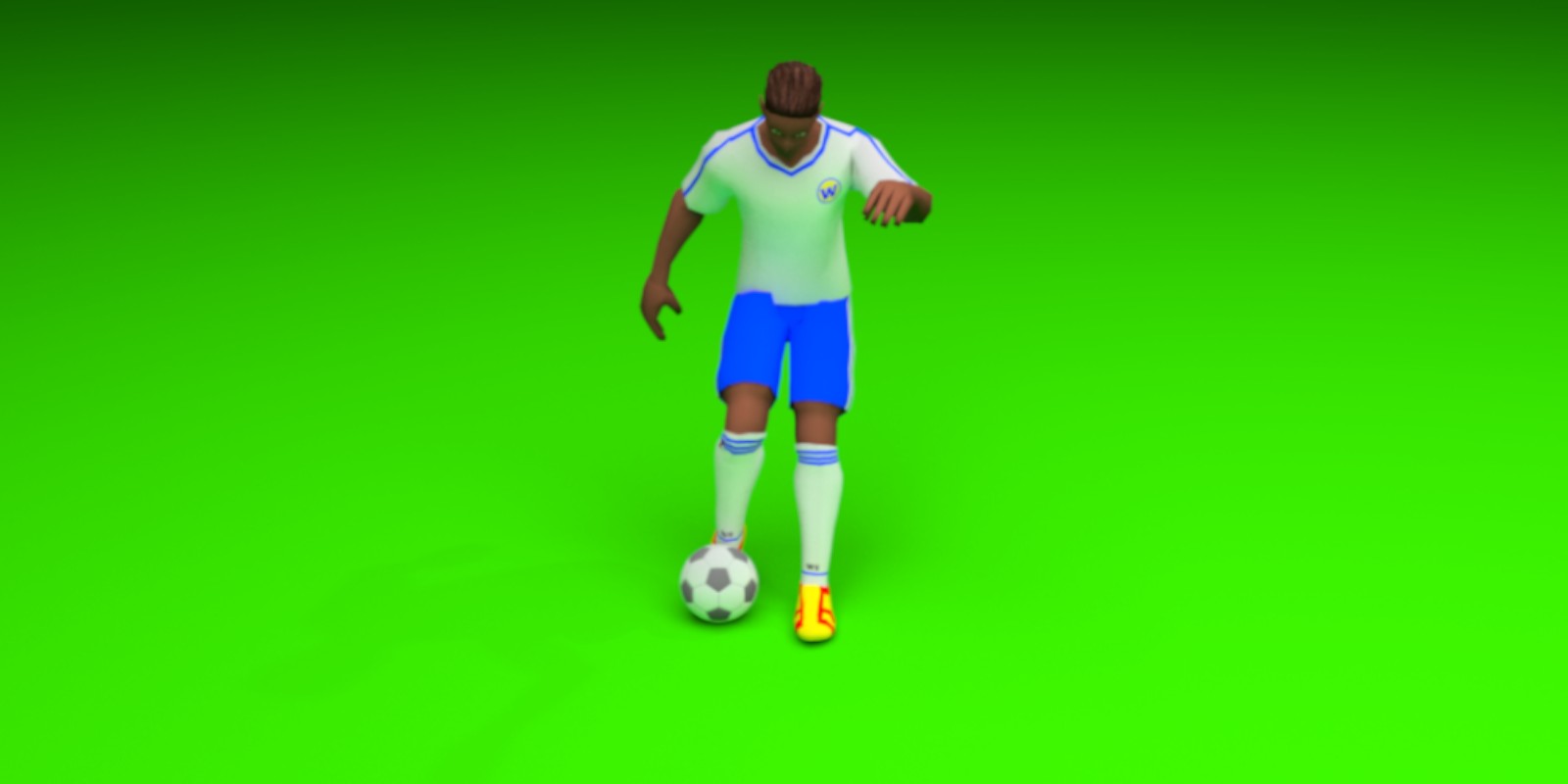By Alusine Fullah
“Sport is a universal language. At its best, it can bring people together, regardless of their origin, background, religious beliefs or economic status,” Kofi Annan.
Yes, as it was said by Kofi Annan, it brings people together, all over the world, to celebrate the beautiful game. It represents the commitment of those who live football – be they players, coaches or fans – to shape our communities and society.
The use of sports for the purposes of peace and development is currently becoming a growing phenomenon. In Africa, sports, especially football, was employed by freedom fighters as part of the several struggle mechanisms, to achieve independence, fight racism and promote national unity. As football in today’s world is deemed popular, simple to play and above all capable of moving outside the pitch to impact lives and serve as a unifying activity,
The use of sports for the purpose of development has increasingly been an important issue, particularly, in post-conflict societies. The research on the role of sports in building peace is becoming even more important for sport organizations, donors as well as policy makers in variety of countries in the world.
However, with each serving an influential purpose, the particular sport most widely given attention to by many, is football. Football can be said to be one sport among many, which has received considerable popularity world- wide for several decades. Also known as soccer, the sport, according to Alegi (2010), was transported to Africa by colonialists from Britain in the middle part of the 19th century.
A year before the codification of the formal rules of football into a single document, the very first recognized soccer match on the continent was staged in 1862 in Southern Africa, with the Wild Zebras Club of South Africa and Cape Coast Excelsior of the Gold Coast, amongst the early established football clubs in Africa. Alegi (2010) believes that, soccer has been an essential sporting activity on the African continent just as it was held in Europe from its beginnings.
Today, the socio-dynamic and influential impact of the game on variety of human activities has seen its expansion across the globe beyond imagination. While others consider it a profession, many do acknowledge its impact on national development, identity and a tool for cooperation among the larger population of the world.
The fight for racial justice, national liberation and peace in the early part of the 20th century on the continent of Africa, is closely linked to the history of football in the region. African leaders have been recorded to have used the sport as a unifying and liberation tool. Kwame Nkrumah, Nnamdi Azikiwe, a football player himself, Ahmed Ben Bella of Algeria and the current ‘in-form’ Paul Kagame, among others, are notable examples.
Globally, football tournaments and activities are controlled by the Federation of International Football (FIFA), a body established in 1904 in Paris. With respect to the African continent, the body that authorizes and ensures the smooth running of football activities is the Confederation of African Football (CAF).
With football not only accepted as an international sport in the current age, but as a unifying force whose values can make significant contribution to societies according to FIFA, it has to be ascertained how FIFA and CAF in their capacities as bodies in charge of football in the world and Africa respectively, have contributed and are contributing to applying the sport as an instrument in ensuring long and lasting peace on the African continent.
In a country like Sierra Leone that is suffering from poverty, conflict and political violence, the application of sports in solving the above challenges should take centre stage. While other developing countries like Brazil, Colombia, Bosnia, America, Great Britain and Herzegovina, have accepted the influence of football in ensuring peace as successful platform.











